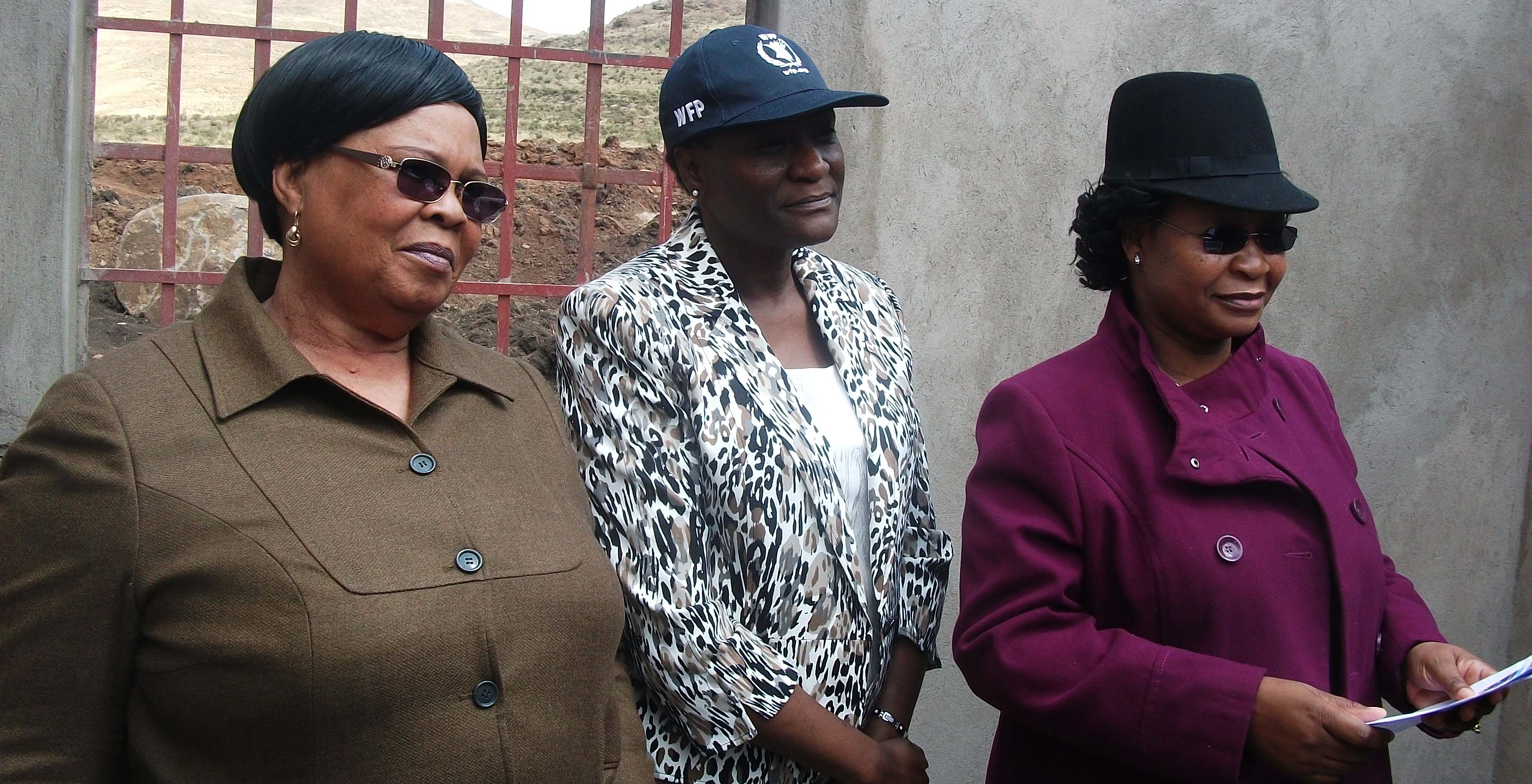‘As government, we are required to create an environment where children can learn, grow healthy and reach their full potential,’ says Education Minister ‘Makabelo Mosothoane.
EDUCATION and Training Minister, ‘Makabelo Mosothoane, says the development of a National School Feeding Policy endorsed by various stakeholders last week, would ensure the involvement of all role-players key to the implementation of a sustainable school-feeding programme.
Apart from the policy, the government has just signed a Memorandum of Understanding (MoU) with the United Nations World Food Programme (WFP) for the humanitarian organisation to temporarily takeover the implementation and management of the entire school-feeding programme from 2015 to 2017.
In an interview this week, Ms Mosothoane said the tasks undertaken by both the WFP and her ministry were of great importance as they sought to “invigorate” the programme amid the various challenges it has faced since its establishment in 1961.
The minister noted under the MoU, the government would fully fund the feeding of 400 000 pupils throughout the country in a transition set to also see WFP develop the capacity of the ministry in preparation for its takeover in 2018.
However, Ms Mosothoane explained both her ministry and WFP were working together to achieve a “home-grown” national school-feeding programme that would facilitate the involvement of various stakeholders such as local smallholder farmers.
“Our position is that we need to blend the school-feeding programme with local purchase from smallholder farmers. I believe this will enhance a mutual relationship between schools, farmers, the private sector and other stakeholders. We would like local communities to own the programme,” Ms Mosothoane said.
She further said over the years and in partnership with WFP, government, through her ministry, had recognised school-feeding as an investment and not an expensive exercise.
“We are aware of our core responsibility to care for the children while they are at school, as stipulated in the UN Rights of the Child under Article Four on the Protection of Rights. As government, we are required to create an environment where children can learn, grow healthy and reach their full potential,” the minister said.
Ms Mosothoane further noted it was also the responsibility of the government to “effectively and sustainably” address challenges related to malnutrition in order to help improve cognitive capacities beyond the first 1000 days (from the start of a woman’s pregnancy to the child’s second birthday, also known as the window of opportunity).
The minister also explained the policy had interrogated ways on how to enhance the national school-feeding programme, address nutritional challenges, improve school attendance and pass rates.
“In other words, the wellbeing of the children is at the heart of the school-feeding policy. The aspect of providing nutritious food to the children each school-day is an important one, more so in the midst of increasing levels of obesity, with its associated health-related complications and under-nutrition.”
Ms Mosothoane also said the declaration of 2014 as a year for ‘Family Farming’ by the United Nations General Assembly was due to the recognition of the important role of family farming in school-feeding and its contribution in the fight against hunger, malnutrition and poverty.
“This also inspired the ministry and WFP to seize this momentum and opportunity to take a new policy direction that connects nutrition, agriculture, education-development, create new partnerships and sustainable economic growth.”
The minister stated her recent visit to the Centre for Excellence Against Hunger in Brazil made her realise that a successful school-feeding programme adopts a multi-sectoral approach with other government ministries, civil society organisations, the private sector and local communities working together for the good of the child.
“I am grateful to WFP for its commitment to supporting the ministry during the school-feeding transition. I have no doubt that they will continue supporting us even after we take-over the programme in 2018,” said Ms Mosothoane. –WFP-Lesotho

